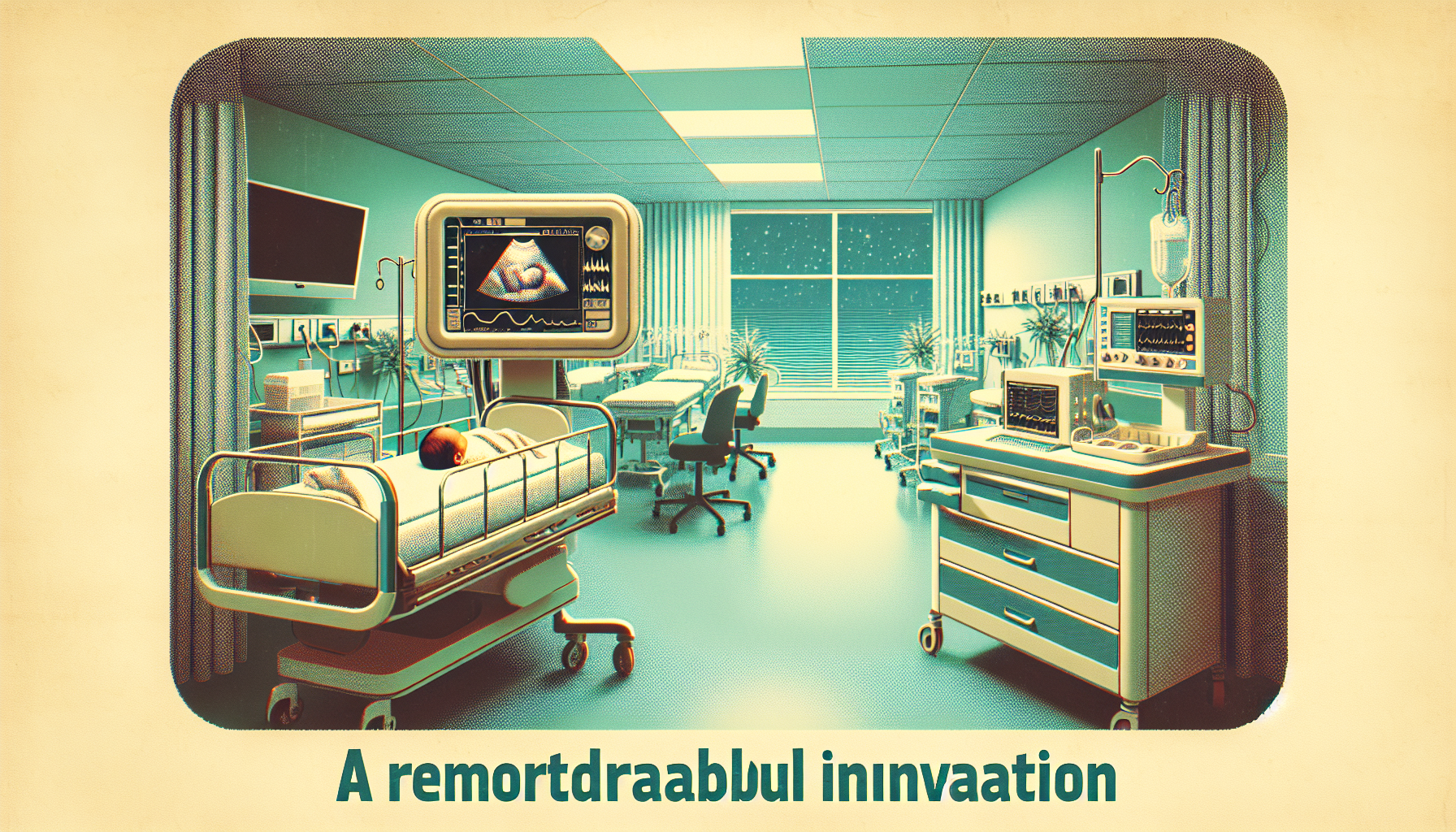A remarkable innovation is changing how newborns in the neonatal intensive care unit (NICU) are monitored for neurologic changes. Researchers have discovered a way to use artificial intelligence (AI) that relies solely on video data to detect significant neurologic developments in these vulnerable infants. This breakthrough, spearheaded by the Icahn School of Medicine at Mount Sinai, represents a major step forward in medical diagnostics and offers hope for improving the care and outcomes of newborns in need.
Unveiling the Approach and Research
Led by Dr. Felix Richter and a dedicated team, the study utilized a sophisticated deep learning pose-recognition algorithm to examine video recordings from the NICU. The research gathered an impressive dataset, spanning over 282,301 minutes of video footage from 115 diverse infants. All these newborns were under continuous video EEG monitoring at four urban NICUs between February 2021 and December 2022.
A Closer Look at “Pose AI” and Infant Movement
The AI, known as “Pose AI,” is designed to follow anatomical landmarks seen in video footage—a technique that has already proven its worth in sports and robotics. Through meticulous monitoring of infant movements, the AI can detect two crucial neurologic conditions: sedation and cerebral dysfunction. To ensure accuracy, researchers evaluated the AI’s predictions through receiver operating characteristic area under the curves (ROC-AUC), revealing remarkable precision. For sedation, accuracy scores ranged from 0.87 to 0.91, while cerebral dysfunction scores spanned 0.76 to 0.91.
Significant Insights
The study uncovered several vital insights:
- Precision and Consistency: The AI reliably anticipated infant movements and changes in neurologic status, showing robustness across varying lighting scenarios and camera perspectives. This consistency is critical for real-world implementation.
- Impact on Clinical Care: Early detection of conditions like sedation and cerebral dysfunction could enable quicker interventions, leading to better outcomes for the infants. This AI technique could offer continuous insights akin to heart rate or respiratory monitoring, guiding clinicians on sedation levels or neurologic changes.
- Non-Invasive Advantage: Unlike conventional methods requiring physical exams, this AI system is minimally invasive, providing a more soothing experience for the infants.
Charting Future Possibilities and Addressing Challenges
The potential ahead for AI in NICU monitoring is vast. Envision a future where cameras continuously observe infants, providing clinicians with real-time data and insights into neurological health. This innovation would equip medical professionals with an intuitive tool for bedside care, enhancing decision-making processes. Nevertheless, the study highlights that the AI was trained with data from one institution. Thus, additional validation is crucial, involving multiple institutions and diverse camera setups to ensure its adaptability.
Embracing a New Era
Integrating AI into NICU care marks a pivotal advancement in neonatal monitoring systems. Harnessing the power of deep learning and computer vision, healthcare providers can now observe and interpret infants’ neurologic conditions with unprecedented precision. This paves the way for timely interventions and better health outcomes. As this technology further evolves and undergoes rigorous testing, it holds the promise to transform neuro-monitoring not just in neonatal units, but across intensive care worldwide.
The integration of AI into NICU monitoring shows us the future of neonatal care, where technology complements human expertise, paving the way for new possibilities in safeguarding and enhancing the health of newborns globally.

Leave a Reply